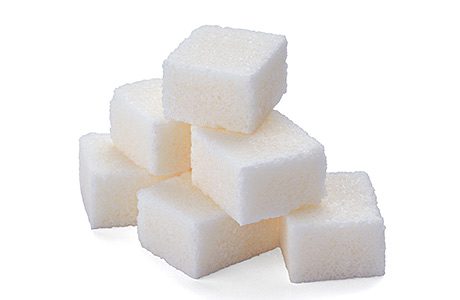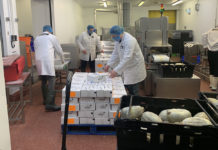Advisory committee tells Westminster Government that free sugars guideline should be halved

CONSUMERS must slash their sugar intake to head off the UK’s obesity epidemic and protect children’s health.
That’s the hard-hitting advice to the Westminster Government from the Scientific Advisory Committee on Nutrition (SACN), which said that only 5% of daily calorie intake should come from what it calls “free sugars”.
Many people fail to meet the current target, 10%. Teenagers get on average 15% of their calories from added sugar.
Free sugars are classed as added sugars in drinks, processed foods and home-cooked foods. They also include sugars naturally present in fruit juice and fruit syrups. The sugar found in fruit and milk does not count.
One can of a typical standard soft drink would take up most or all of an adult’s daily limit.
The SACN analysed 600 scientific studies. Its chair, Professor Ian MacDonald, said: “The evidence shows that high free sugars intake in adults is associated with increased energy intake and obesity.
“There is also an association between sugar-sweetened beverages and type-2 diabetes. In children there is a clear demonstration that sugar-sweetened beverages are associated with obesity.”
Final guidance based on the report will be published in March 2015, when the Westminster Government will decide whether to change diet guidelines for England.
The British Soft Drinks Association replied by saying: “All soft drinks can be part of a balanced diet and lifestyle”.
British Sugar stated that halving consumption of free sugars across the population to 5% would be very difficult. “This would be the equivalent of a small glass of orange juice and a 125g yogurt.”
The Food and Drink Federation is planning to consider the report and engage in the consultation process.
Action on Sugar said the proposed reduction was “fantastic”.













